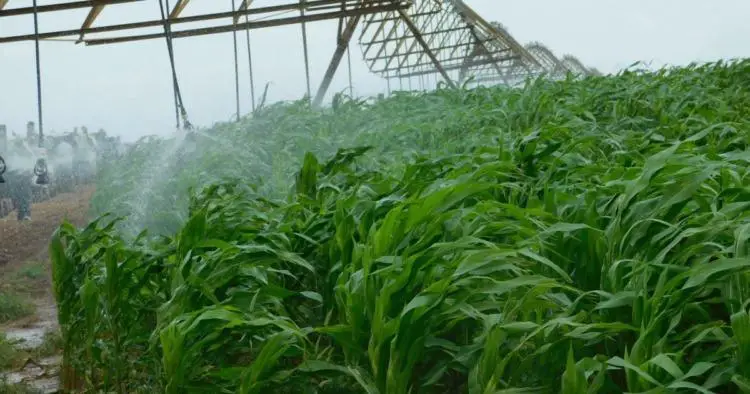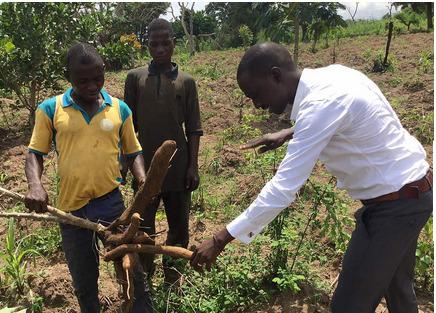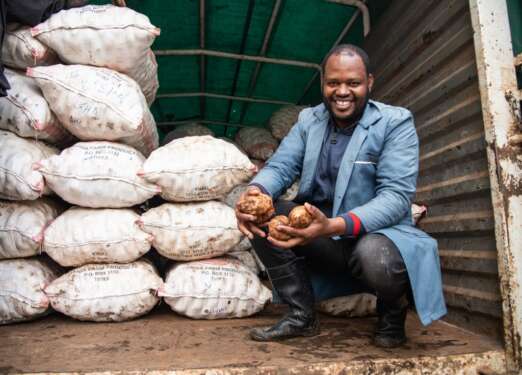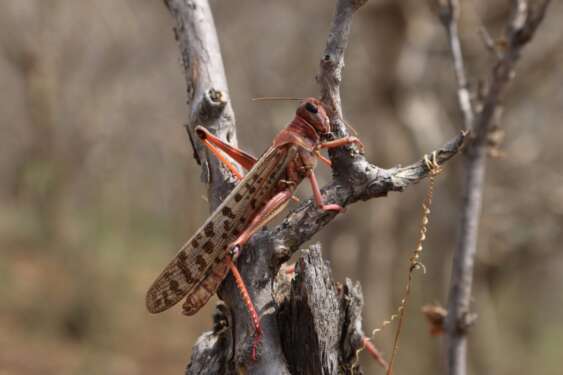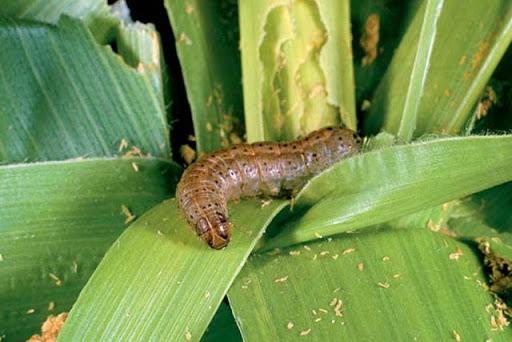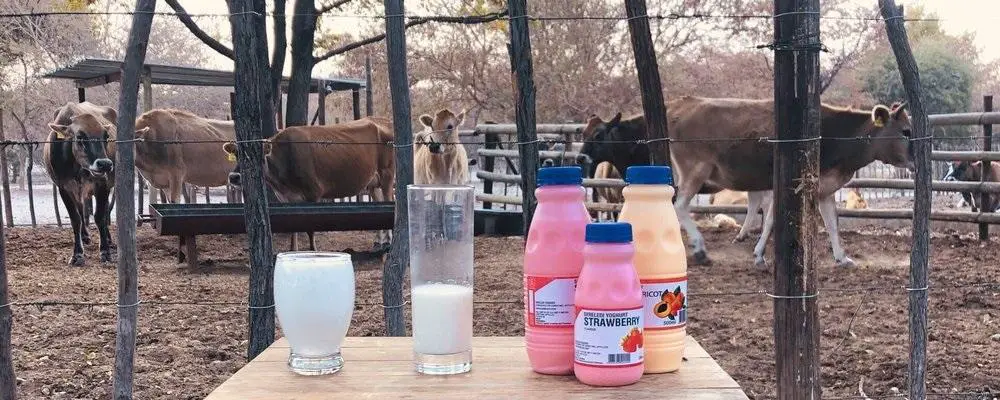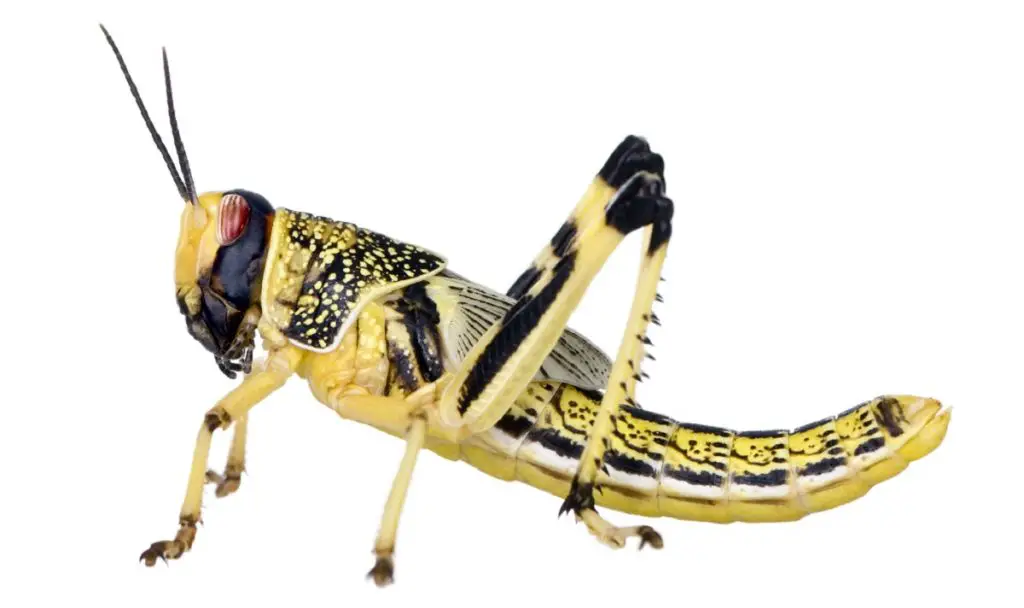- Abu Dhabi radiates optimism as over 300 startups join AIM Congress 2024
- TLcom Capital Raises $154 million in Funding to Boost Its African Growth
- Africa’s $824Bn debt, resource-backed opaque loans slowing growth — AfDB
- LB Investment brings $1.2 trillion portfolio display to AIM Congress spotlight
- AmCham Summit kicks off, setting course for robust future of US-East Africa trade ties
- Why the UN is raising the red flag on the UK-Rwanda asylum treaty
- Portugal’s Galp Energia projects 10 billion barrels in Namibia’s new oil find
- Wärtsilä Energy offers tips on how Africa can navigate energy transition and grid reliability
Browsing: FAO
Large-scale farmers usually own specialized and custom-built equipment and keep up with recent technological advancements. Those in the medium-scale farming system mostly hire machinery while for small-scale farmers, mechanisation is limited to a few farm operations like land preparation. Other operations are done manually. Private service providers offer mechanisation services for small scale farmers where the use of machinery is very low in relation to the medium and large-scale agricultural production systems.
Most of Kenya’s livestock is raised in extensive systems with communal grazing and free-ranging of rain-fed rangelands. Intensive production is practised in the high rainfall areas, semi-intensive systems are found in semi-arid lands and extensively in arid areas. The use of mechanised livestock production systems is very low. However, the potential for mechanisation is high to meet the growing demand for livestock and livestock products. …
Kenya’s Ministry of Devolution together with the Food and Agriculture Organization say the country requires at least US$87 million to ensure food security in all the 23 Arid and Semi-Arid Lands Counties, between August and December 2021.
In a statement, FAO says several interventions need to be done, at a time when the East African nation has been facing a myriad of challenges in the recent past including two desert locust invasions, the COVID-19 pandemic and poor rains that have resulted in food scarcity.
If sourced, the funding will be used for several interventions and cover various areas, among them provision of feed and supplements and livestock off-take and animal health services.
Additionally, FAO plans to provide drought-resistant seeds to farmers in the counties, as well as milling of staple commodities.
Other interventions include water trucking, rehabilitation and maintenance of water facilities, fuel subsidies for motorized boreholes and water …
A data collection and analysis initiative led by the Food and Agriculture Organization of the United Nations (FAO) and the African Union Commission (AUC) has revealed 7 billion trees outside forests for the first time, among other findings. The survey is the first consistent land use representation of the continent and discloses more forests and more arable lands than were previously detected.
FAO and the AUC presented the findings today of the Africa Open DEAL (Data for Environment, Agriculture and Land) initiative which has made Africa the first continent to complete the collection of accurate, comprehensive, and harmonized digital land use and land-use change data. It provides a detailed snapshot of the continent, captured through more than 300 000 sampling points between 2018 and 2020.
“The Africa DEAL shows that science and innovation can provide real solutions and that collaboration and pooling experience leads to the best results. It supports …
The support of more than 800 tons of critical food supplies comes at a critical time for Madagascar, which is suffering its worst drought in 40 years. Severe hunger has hit southern Madagascar as communities witness an almost total disappearance of food sources, creating a full-blown nutrition emergency. People have had to resort to desperate survival measures such as eating locusts, raw red cactus fruits or wild leaves. For the first time ever, pockets of IPC phase 5 or Catastrophe have been recorded signaling deepening hunger.
With each day that passes, more lives are at stake as hunger tightens its grip in southern Madagascar. This is the stark warning from two United Nations agencies, the Food and Agriculture Organization (FAO) and the World Food Programme (WFP), as they seek to draw international attention to a humanitarian crisis that risks being invisible.
ALSO READ: France Imperialism In Africa
At least 1.14 …
One of the leading agribusiness platform in Africa is determined to transform Agriculture in Africa.
The agribusiness platform dubbed JR Farms Limited is looking to achieve this by undertaking opportunities for growth and business that will engender sustainable food production and increased incomes for farmers in Africa. JR Farms is a Rwandan led agri-enterprise operating in Rwanda, Nigeria and Zambia in the areas of food processing and retailing, agro commodity trading and consulting. Its corporate goals are to ensure food security, end hunger in Africa and create decent jobs for Africa’s women and young people.
Also Read: Rwanda well placed for trading under the AfCFTA
In a bid to ensure that this is achieved, the firm has partnered with Food and Agriculture Organization (FAO) to develop youth-led agriculture enterprises.
The two organisations have signed an agreement to promote youth involvement in agriculture and create decent work opportunities.
FAO and JR …
Since covid-19 was first reportd in Kenya in March last year, a series of challenges have affected several sectors. Agriculture sector has not been spared either.
In Kenya agriculture is the engine of economic growth in Kenya. According to data from Food and Agriculture organization (FAO), about 75 per cent of Kenyans earn all or part of their income from this sector.
Agriculture accounts for 33 per cent of the nation’s gross domestic product (GDP). Despite continuous population growth, agricultural productivity has stagnated in recent years. Only 20 per cent of Kenyan land is suitable for farming and that land is not utilized efficiently.
To this end, the United States International University-Africa (USIU-A), through support provided by the International Development Research Centre (IDRC) and Australian Centre for International Agricultural Research through their Cultivate Africa’s Future initiative, has been providing young agripreneurs, aged 18-35 years, with access to business training, finance …
Survey and control operations on the ground and by air have been scaled-up.…
The Food and Agriculture Organization of the United Nations (FAO) is increasing efforts aimed at bolstering the global response to Fall Armyworm (FAW), considered one of the top 10 devastating plant pests affecting food and agriculture.
According to a statement from the organisation, the Director-General, QU Dongyu, noted today that great strides had been made by the Global Action for Fall Armyworm Control (GA), a coordination mechanism established by him a year ago, but emphasized that many challenges remain to be tackled in the sustainable management of this pest.
Speaking at a virtual meeting of the Global Action’s third steering committee, the Director-General noted FAW’s reach was expanding, noting that it had been reported in four new countries in Asia and the Near East.
FAW is a voracious transboundary insect which targets maize and other food crops. Originating in the Americas, it invaded Africa in 2016 and has spread …
Even with the challenges confronting women in agriculture on the continent, there are a few trailblazers setting the pace in livestock production and value addition. …
FAO’s latest update says that large numbers of desert locust swarms that have formed in Kenya and Ethiopia since January could move west in the coming weeks…





